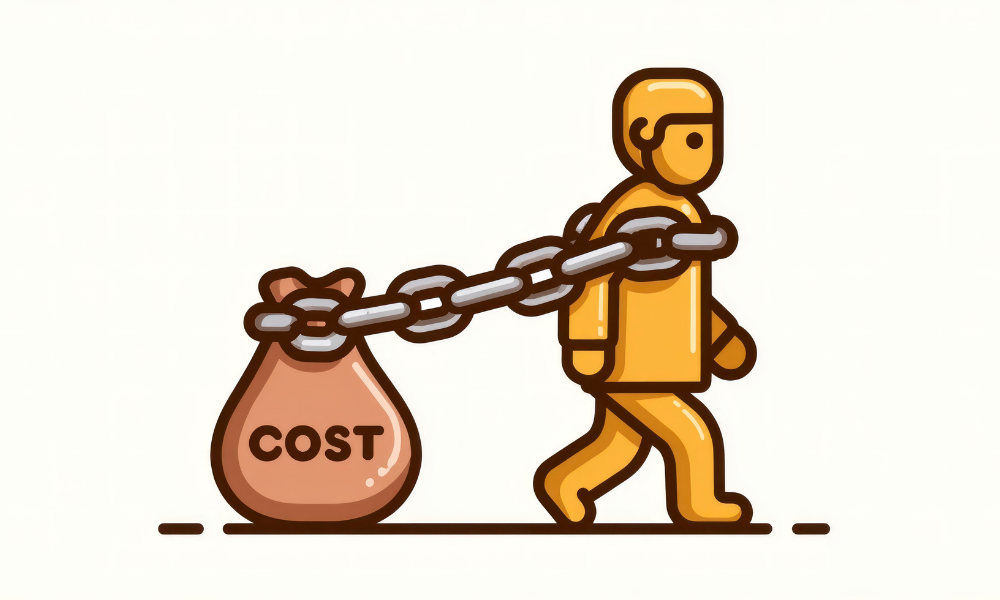Long-term disability payments provide compensation, especially during the period when you cannot work and provide for yourself or for your family. However, if your claim for long-term disability payments is denied, there are options that you can take under Canadian law.
How much can I get paid for long-term disability payments in Canada?
Long-term disability payments in Canada will depend upon your specific insurance plan or insurance contract. It will also depend upon the government disability program if you’ve applied under.
There are different laws, regulations, programs, and plans that offer long-term disability benefits. This is why it's important to know the details before you apply under a program and before you start making payments. It might help to read on how long-term disability benefits work for some background information.
Some of these programs or plans available in Canada and their estimated long-term disability payments are:
- Private insurance companies: replaces around 60%-80% of your monthly income, depending on the insurance policy or contract
- Canada Pension Plan (CPP) Disability Benefits: maximum monthly payment of C$1,538.67 (as of 2023)
- Federal Workers' Compensation Service: will depend on the rate of the Worker Compensation Board of each province or territory
- Ontario Disability Support Program (ODSP): maximum amount of C$1,308 a month
- British Columbia’s WorkSafeBC (WSBC): generally, 90% of an employee’s net earnings
- Québec Pension Plan‘s Disability Pension: maximum amount of C$1,308 a month
Although there is nothing in the law which prevents you from taking these benefits at the same time, the amounts that you will receive may be affected. For example, receiving disability benefits from the CPP will decrease the benefits that you may receive from ODSP or from WSBC.
In this case, it’s best to speak with a long-term disability lawyer in your area for some guidance. But before you do, it might help to read up on how much disability lawyers cost.
What can I do if I'm denied my long-term disability payments?
There are many reasons why your application for long-term disability payments may be denied:
- insufficient insurance premiums or contributions
- insufficient requirements or documents
- deadline or time limit to file the long-term disability application has passed
- medical records do not prove any long-term disability
- your medical doctor or physician is not accredited
- failure of your employer to submit required documents
- alleged misrepresentations or inconsistencies in your claim
Watch this video for more reasons an insurance company might deny your claim:
There are actions you can take against insurance companies that deny your claim: appeal their decision or file a case against them.
1. Appeal the decision
When you’ve received the official decision denying your long-term disability payments, you may want file an appeal with your insurance provider or the relevant government office.
If you’re filing an appeal, it is important to hire a lawyer, especially if your case is complicated.
Private insurance appeals
All the processes regarding your engagement with a private insurance company should be stated in your insurance policy or contract. This will include the application process, payment arrangements, how to claim long-term disability benefits, and how to appeal when your long-term disability payments are denied.
When the long-term disability benefits are provided to you by your employer through a private insurance provider, you may speak to them or to your HR department. They may be able to guide you on what to do if you don’t get your long-term disability payments.
CPP appeals
When your application for long-term disability payments with the CPP is denied, you may appeal the decision within 90 days. This may be done by:
- submitting an online request through your My Service Canada Account; or
- completing a Request for Reconsideration of a CPP Disability Decision and submitting it to the nearest Service Canada office; or
- prepare a written request and submit it to the nearest Service Canada office
If your representative or your lawyer will be filing the appeal on your behalf, you must complete a form called Consent to Communicate Information to an Authorized Person and submit it to Service Canada.
If Service Canada denies your appeal for long-term disability payments, you may then raise it with the General Division of the Social Security Tribunal. You must do this within 90 days upon receiving the original decision of Service Canada. A hearing will be conducted; you must attend this hearing and present evidence. You may even have to testify before the Tribunal.
If the Social Security Tribunal’s General Division still denies your claim, your last appeal would be before the Appeal Division, still with the Social Security Tribunal. Here, the appeal will be treated as a new case and a hearing will again be conducted. This means having to, once again, attend the hearing, present evidence, maybe even testify.
2. File a case
If your private insurance company denies your application for long-term disability payments or terminates your benefits, you can file a case against them. You should hire a long-term disability lawyer to help you prepare and win your case.
It would be best to hire a lawyer in your area whose expertise is long-term disability benefits. If you live in Toronto, for example, contact a long-term disability lawyer in Ontario.
When filing a case, you can ask for your application for long-term disability benefits to be granted. You can also sue for damages if your lawyer determines that your claims were unreasonably denied.
Your lawyer’s fees and other costs may also be charged to your insurance provider if you win in court.
Treat litigation as your last resort - there are other ways to settle your dispute with your insurance company.
Look at what qualifies for long-term disability in Canada and other considerations when applying for disability benefits
Alternative Dispute Resolution
Your lawyer may suggest proceeding with any of the alternative dispute resolution methods before you go to court.
Your lawyer may try to negotiate with your insurance provider by engaging with them, with or without the need to file an appeal. If negotiations fail, you may also submit your case for mediation and/or arbitration.
All this depends on the terms of your insurance policy, so read the details of your insurance policy closely.
For example, if your insurance policy states that mediation or arbitration is mandatory before proceeding with litigation, the case you file in court may be dismissed on this basis. Afterwards, the court will refer you to mediation or arbitration. In any case, your insurance policy must prevail before you proceed with any other action such as litigation.
Find out who can use of long-term disability in Canada here.
Want to know more about what to do if you don’t get your long-term disability payments? Ask any of the Lexpert best-ranked long-term disability lawyers in Canada.





